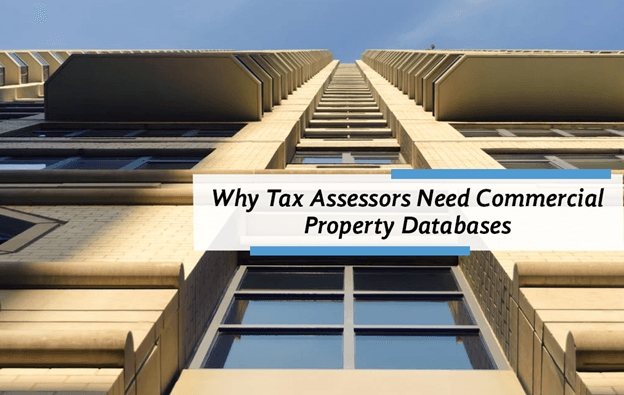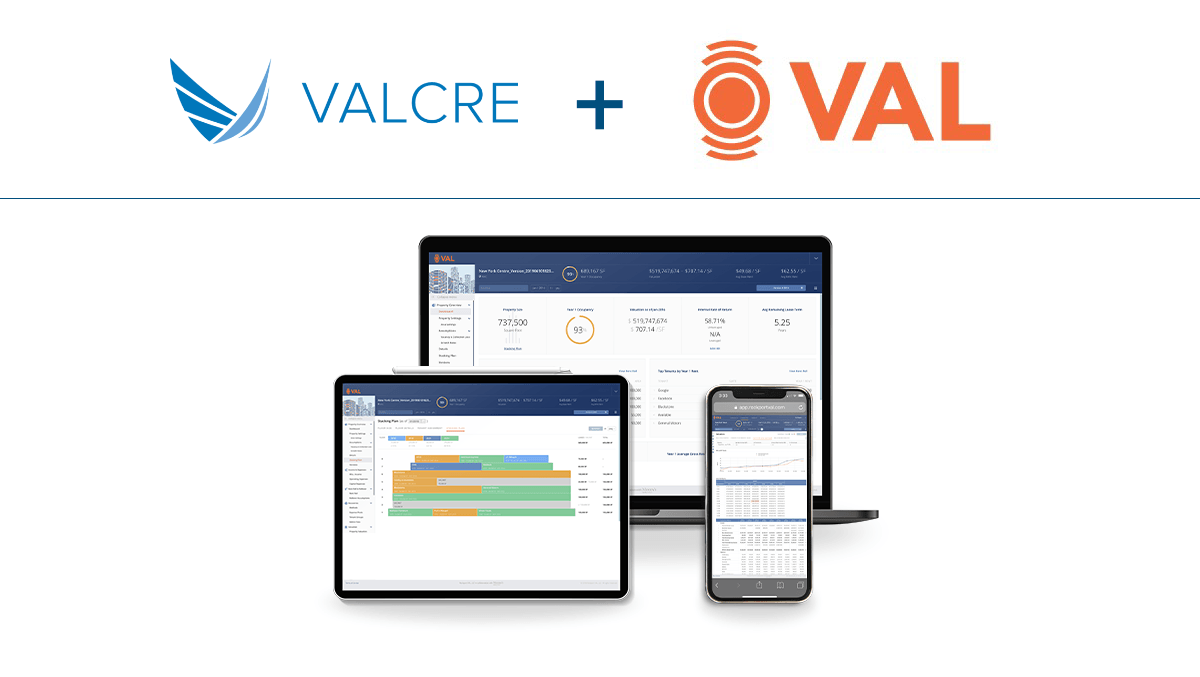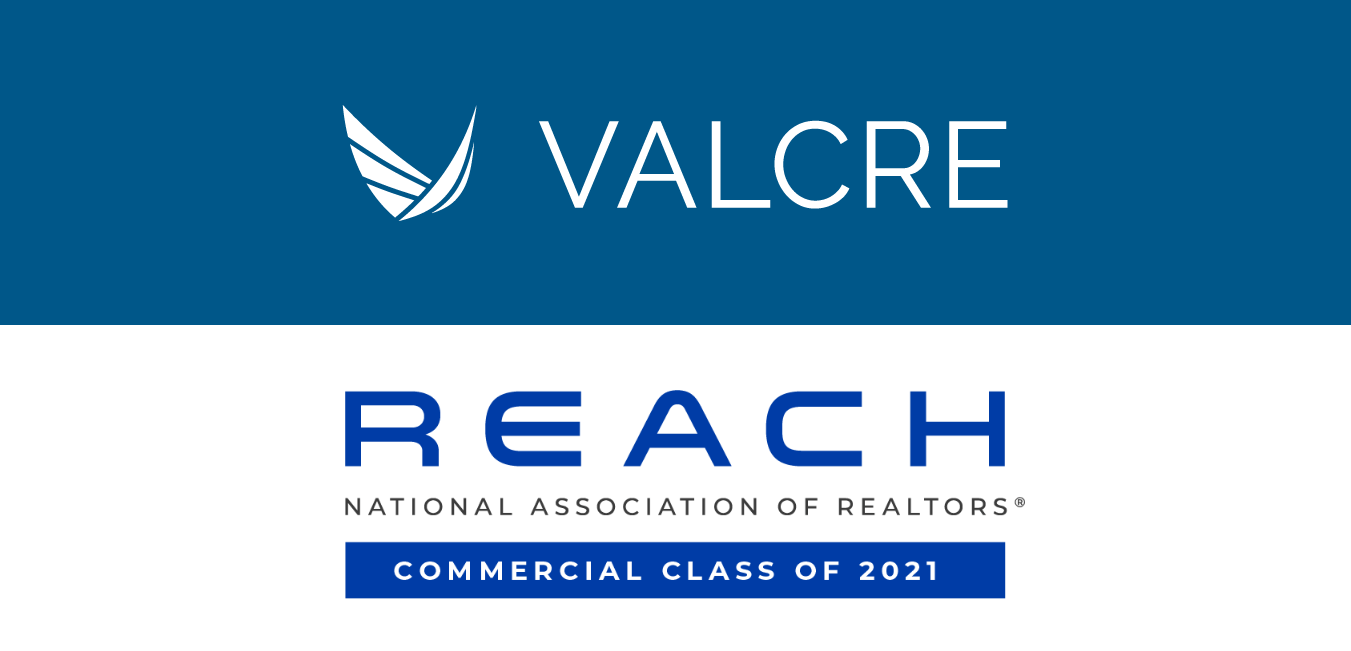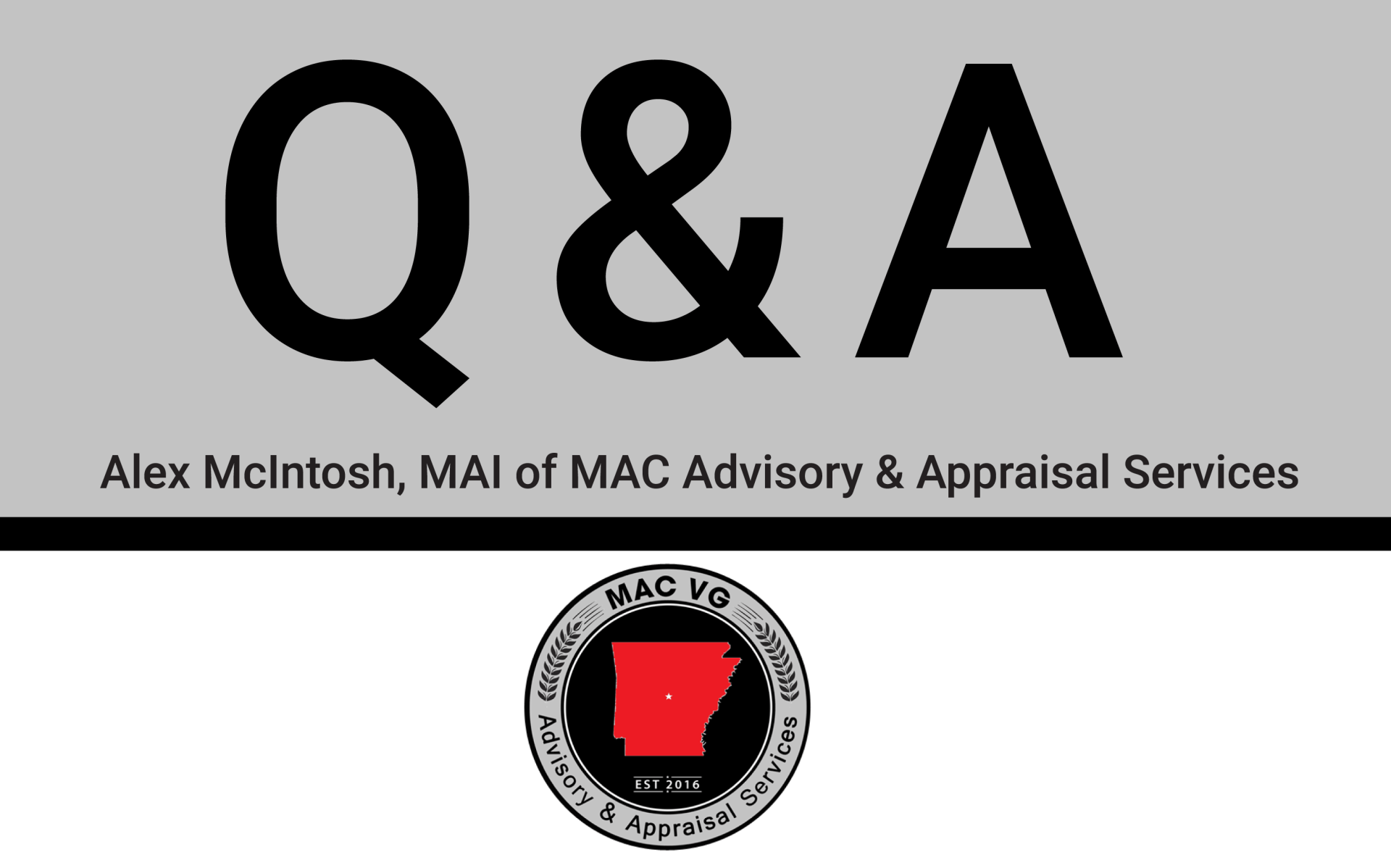Essential Skills and Terms Every Commercial Appraiser Must Learn

Commercial appraisal is fairly complex. From tax law to construction methods to capitalization rates, an appraiser needs to possess mastery over a broad range of skills and terminology. Of course, the ability to conduct research is essential to any commercial appraisal process. However, a trained appraiser has the expertise to apply that research in appropriate ways.
There are several core competencies that a commercial appraiser needs. Here are some of the skills and terms that every commercial appraiser must learn to excel in their field. It’s good for aspiring appraisers and seasoned professionals, as well as their clients, to become familiar with this information.
Data Analysis
A commercial appraiser is tasked with collecting data from a variety of sources, assessing the big picture, and then drawing conclusions based on that information. They must be able to understand technical and financial data at a deep level. Appraisers compare data and then analyze for trends that must be applied appropriately to the subject of their appraisal.
An appraiser must know which data points are relevant, first of all. They must also know how to work with industry-standard databases and pull the appropriate reports. This could include loan servicing history, real estate records, litigation and courtroom proceedings, market trends, and other property records.
The ability to analyze data is critical to commercial property valuation. A commercial appraiser must evaluate tax maps, parcel identification numbers, tables with real estate market data, and other complex numeric data. They must be able to perform basic calculations to estimate depreciation or appreciation based on market trends.
Familiarity with Regulations like USPAP and Data Security Laws
There are national standards for property valuations and every commercial appraiser must conform to these standards. This means ensuring that the appraisal is conducted in accordance with USPAP (Uniform Standards of Appraisal Practice). It’s important that appraisal teams apply administrative oversight to confirm that all team members and appraisal reports are adhering to these regulations.
Data security is another essential part of commercial appraisal. Professionals need a tool to organize and protect property data. Not only is this essential for defending private information against cyber threats, but the right tool can help generate reports, too.
Relationship Management & Professionalism
These are often referred to as “soft skills” but they are no less essential to a commercial appraiser’s business than data analysis. In the course of their analysis, an appraiser may need to interview business owners or tenants. They will conduct onsite investigations of the property, likely coming into contact with curious (or possibly aggressive) people. Appraisers need the right people skills to handle inquiries respectfully.
Not only do appraisers need the tools to interview people as part of the appraisal process, but they also need to be effective relationship managers. This means organization, professionalism, and a personable manner to build trust with their clients and members of the industry such as brokers and property managers to gain access to critical market data.
Key Appraisal Terms
Ad Valorem
This term refers to a tax based on the value of a property or transaction. These fees provide revenue to municipal and regional governments.
Mass Appraisal
This is a process whereby an appraiser assesses the value of a collection of properties. It is typically conducted as of a single date and using a standard methodology with common data.
Abatement
An abatement is a reduction or invalidation of a property value after ad valorem taxation has already occurred. For example, this might be a reduction in rent levels brought on by rent control.
Caveat Emptor
Caveat Emptor is a phrase that means “buyer beware.” It implies that the buyer is purchasing the property at their own risk.
Access Rights
This refers to the private right to access a property. For instance, if a commercial property abuts the site of a forthcoming highway, the owners may make a case for access rights to defend their ability to ingress to and egress from their property.
Effective Age
The effective age of a property is based on how the improvements have fared over the years. If the building has deteriorated due to weather, for instance, or obsolescence due to new technology has diminished the value, its effective age may be older than its chronological age. Conversely, if a property has been well cared for with regular maintenance and reinvestment over the years, the effective age may in fact be newer than the actual age.
Obsolescence
Obsolescence refers to depreciation. It’s something that causes the property’s value to diminish. Obsolescence may refer to external factors or new inventions or changes in buyer preferences that simply make the building less desirable and thus less financially valuable.
Riparian Rights
This term refers to the rights of landowners whose land borders a non-navigable stream or lake. It states that all owners whose land underlies or abuts the water may have equal rights to it. This is in opposition to the prior appropriation doctrine.
As you can see, commercial appraisers are highly trained professionals who retain immense knowledge about valuation, data analysis, and market trends. Valcre assists commercial appraisers with cutting-edge technology to stay on top of the job’s technical as well as client-facing requirements. Discover Valcre’s mobile appraisal tool and let it help you track all that data.












